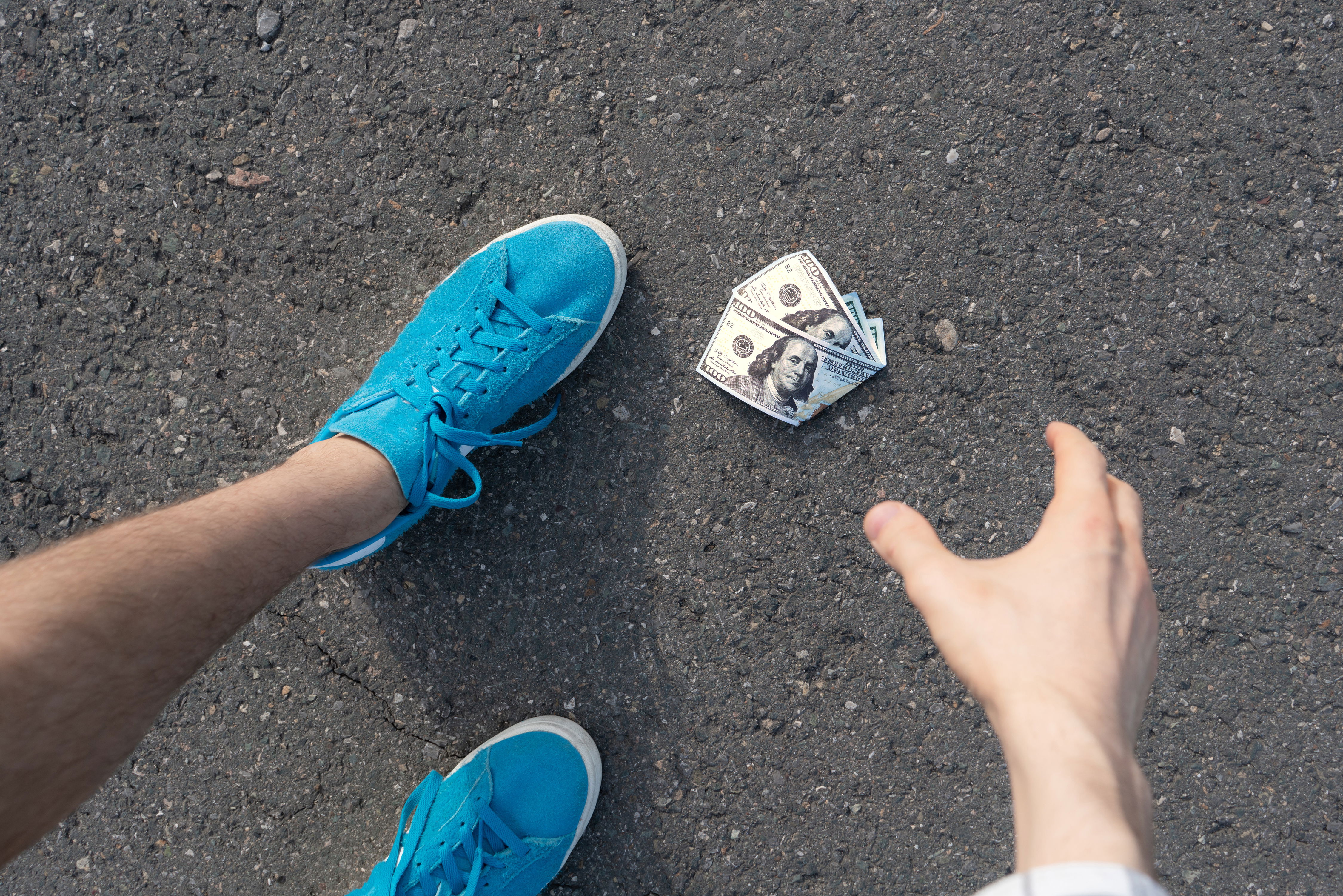Discover the ethical and practical considerations of finding a valuable item in a public place.
In everyone's life, you may find an object of great or small value. In the following article we explain the rights and obligations of the finder.

Within eight days, the finder has to hand over the property to the person who lost it (the owner) or to the notary in the place where it was found. In the latter case, he must also state whether he claims ownership of the property and, in addition to proving his identity, give his name, the name, date and place of birth, the name of his mother, the address of his place of residence (registered office) and the place and date of the find, or that of his representative, if any. The notary shall issue a certificate of the declaration.
If the identity of the person entitled to the found object can be established, the notary shall hand it over to him or her; if no such person can be established, the notary shall keep the object for three months from the date of handing it over. If the person entitled to the thing has not come forward within three months of the delivery and the finder has not claimed ownership of the thing at the time of delivery, the notary shall sell the thing found and the proceeds shall be paid to the State. Any object which cannot be kept or preserved shall be sold immediately.
If no claimant comes forward within the above period, but the finder claimed ownership of the thing at the time of delivery, the finder shall be released. The finder may use the object delivered to him without prejudice to its condition, but may not alienate it, encumber it or transfer its use to another person. The finder shall acquire ownership after one year from the date of discovery, if the right-holder has not made himself known within that period.
However, if the beneficiary does apply, the item must be released to him/her, whereas if the beneficiary applies after the sale, the amount received must be paid to him/her. In the case of a find of greater value, the finder is entitled to a reasonable finder's fee, provided that he has made every effort to recover the item. The finder's acquisition of the object is considered to be an original acquisition, so that the third party's rights to the object cease when the finder acquires it.
A special rule applies in the case of objects found in a place open to the public: objects found in such a building or premises, or on the means of transport of a public transport company, must be handed over by the finder to the employee of the operator without delay and the finder cannot claim ownership of the object.
The ownership of found objects that are protected cultural property belongs to the State. Objects hidden by unknown persons or property the ownership of which has been forgotten but which does not belong to the category of cultural property shall be offered to the State by the finder for an appropriate remuneration.

